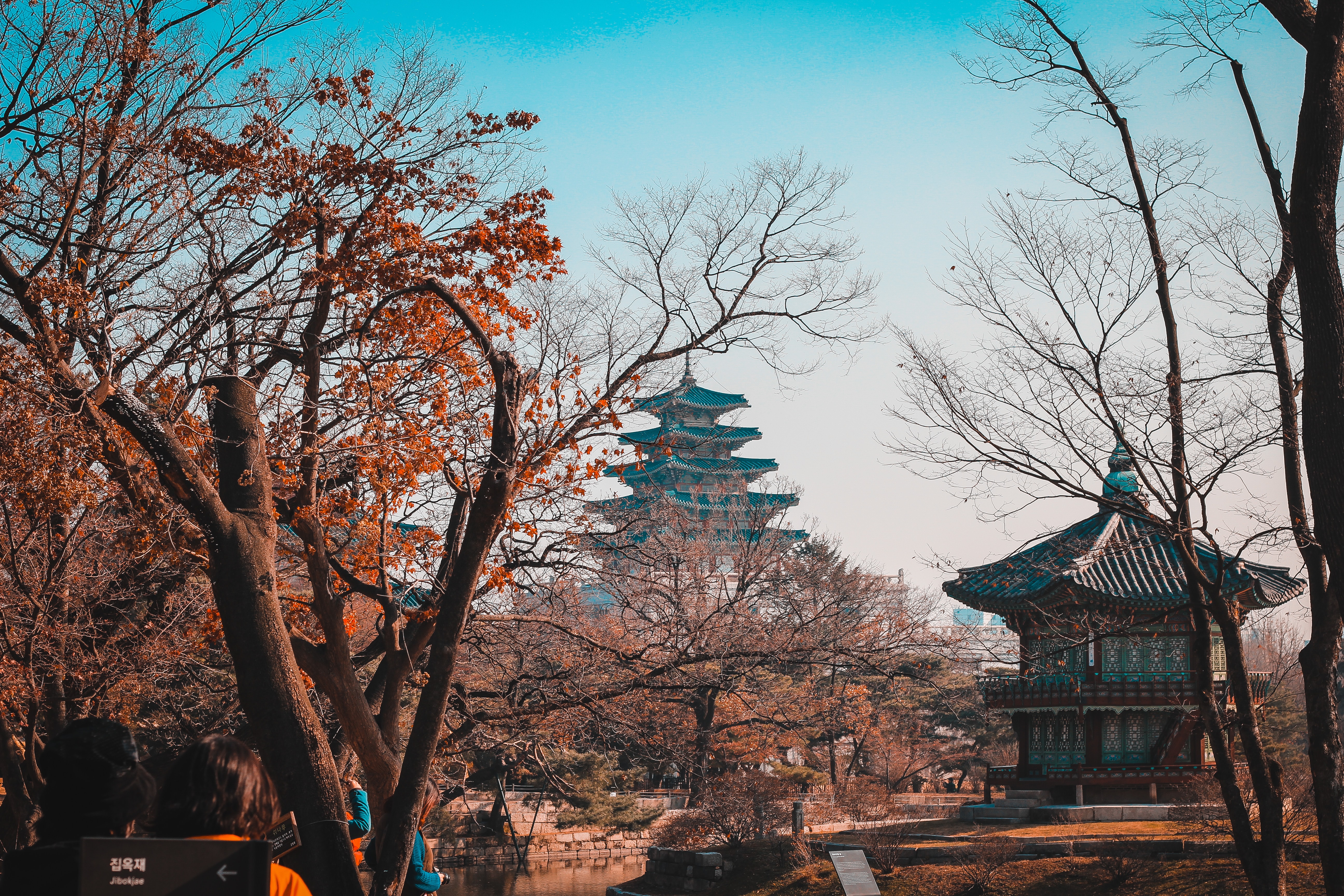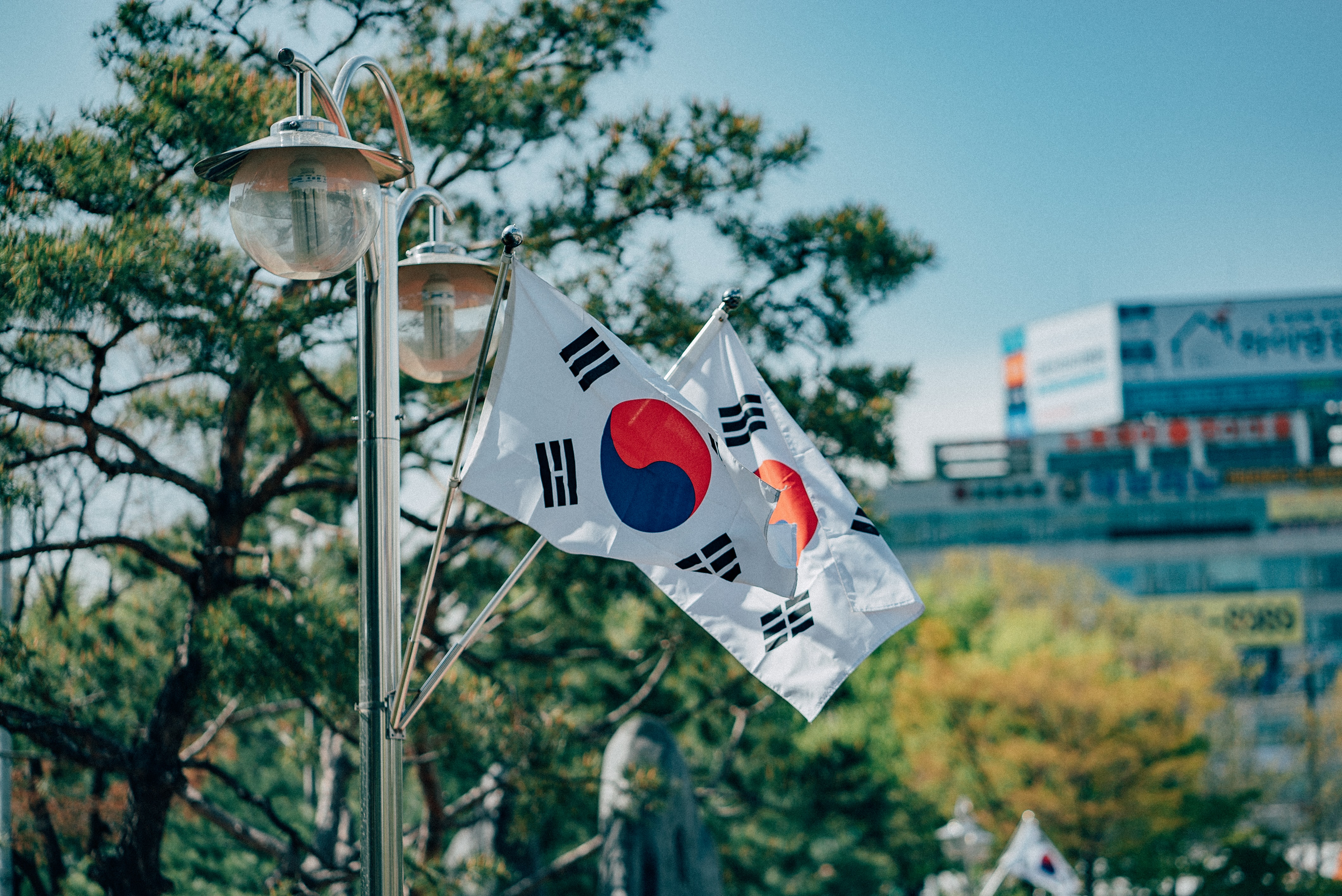- A
- A
- A
- ABC
- ABC
- ABC
- А
- А
- А
- А
- А
- HSE University
- Faculty of World Economy and International Affairs
- School of International Regional Studies
- BOOK PROPOSAL. Korea-Russian Relations in the Changing World: Trends, Challenges, and Ways Forward
-
School
-
Online
BOOK PROPOSAL. Korea-Russian Relations in the Changing World: Trends, Challenges, and Ways Forward
Korea-Russian relations can be most effective when they are grounded on the complementarity of interests, which in turn requires a mutual understanding of domestic normative and institutional conditions in both countries. Russian various initiatives with South Korea, ranging from the promotion of investment in the Russian Far East and LNG exports to collaborative education programs and cultural exchanges, can be effective and efficient only if they are designed and implemented in light of South Korea’s domestic conditions, including social norms, governmental structures, and policy agenda. Similarly, South Korea’s success in nurturing productive relationships with Russia will require an appreciation of Russian domestic settings. Contributions to this section examine existing and emerging areas of cooperation between South Korea and Russia, identifying key priorities, challenges, and opportunities.
Domestic development agenda and Korea-Russian bilateral relations
Korea-Russian relations can be most effective when they are grounded on the complementarity of interests, which in turn requires a mutual understanding of domestic normative and institutional conditions in both countries. Russian various initiatives with South Korea, ranging from the promotion of investment in the Russian Far East and LNG exports to collaborative education programs and cultural exchanges, can be effective and efficient only if they are designed and implemented in light of South Korea’s domestic conditions, including social norms, governmental structures, and policy agenda. Similarly, South Korea’s success in nurturing productive relationships with Russia will require an appreciation of Russian domestic settings. Contributions to this section examine existing and emerging areas of cooperation between South Korea and Russia, identifying key priorities, challenges, and opportunities.
The interplay of competition and cooperation: Korea’s and Russia’s responses to the changing regional and international order
China today already challenges the leadership of the United States that has kept the Asia-Pacific region peaceful and secure for many decades. There are real and growing risks that Washington and Beijing will not be able to find a way to work together peacefully as relative power shifts from one to the other. Amidst this background, South Korea and Russia develop new foreign policy strategies in the Asia-Pacific region which accommodates China’s power without conceding more than is necessary to keep friendly relations with it. At the same time, both states prepare for the possibility that Asia-Pacific will become a more contested and dangerous place over the coming decades, and consider what their options would be. In addition, as South Korea attempts to navigate the great power competition surrounding North Korea, its relations with Russia gain new strategic importance. Contributions to this section analyze strategic interactions between Russia and South Korea in the context of the changing regional dynamics over the past two decades. Contributors discuss the impact of the US-China strategic competition on Russia’s and South Korea’s foreign policy, provide new perspectives on the balance of power in the Asia-Pacific region, and examine Russia’s role in nuclear politics and peace processes on the Korean Peninsula.
Soft power, identity, and public diplomacy: Lessons from Korea and Russia
The ongoing reshaping of the international order provides both South Korea and Russia with the impetus to rediscover their traditional roles. While Russia is reframing and adjusting its great power ambitions, South Korea embraces the role of a middle power that is a vehicle for global projects in a variety of niches. Public diplomacy and national (re)branding are an integral part of role articulation for both South Korea and Russia. To explore the complex and dynamic process of role-articulation, this section examines soft power as a normative and operational construct in the Russian and South Korean political context. It also examines discourses on soft power and the efforts of the Kremlin and the Blue House to devise public diplomacy programs for its implementation.
Korea and Russia amid the COVID-19 pandemic: New challenges and opportunities
Drawing on Russia’s and South Korea’s experiences of the COVID-19 pandemic, this section examines challenges that are not only critical to the realization of the Asian century but are of fundamental importance for global sustainable and stable development.


TIMELINE & DEADLINES
September 15, 2021
Deadline to submit your chapter proposal
October 2, 2021
Proposal acceptance notification
January 15, 2022
Deadline to submit a first draft of your chapter
January 15, 2022 – March 15, 2022
Internal review of drafts
March 15, 2022
Return of feedback on first drafts and acceptance notifications
May 15, 2022
Deadline to submit your revised chapter
May 15, 2022 – July 15, 2022
Internal review of revised chapters
July 15, 2022
Return of feedback on revisions
September 15, 2022
Deadline to submit your final draft
GOALS:
We plan to put together a book that will be of interest for a large audience, including a vibrant international community of scholars interested in Korean and Russian politics, as well as East Asian politics more broadly.
-
Firstly, we want to emphasize the diversity and complexity of Korea-Russia interactions and contribute to a more nuanced understanding of these interactions in regional and global contexts.
-
Secondly, we want to summarize diverse interdisciplinary contributions about the dynamic development of Korea-Russia interactions, encouraging wide-ranging discussions of external and internal factors in Korea’s and Russia’s foreign policy and their responses to regional and global economic challenges and opportunities of the 2020s.
By exploring Korean and Russian perspectives on international politics and economics, this book will provide new theoretical and practical insights into foreign policymaking, global cooperation, and intercultural dialogue.
GENERAL REQUIREMENTS
Please keep in mind that academic rigor is mandatory to have the book accepted by a major publishing house such as Routledge, Palgrave, or Springer. All contributions to the project need to meet the following criteria:
- Address an aspect of Korea-Russian relations (if you would like to propose a chapter that focuses only on either Korea or Russia, please consult with the editors in advance);
- Proposals should be between 300-500 words;
- Individual chapters should be anywhere between 7,500 and 10,000 words (including references);
- The analysis needs to be theoretically and empirically sound and, ideally, should bring out some novelty on the topic under scrutiny. The theoretical approach is the choice of each contributor;
- Each chapter must include a literature review that situates it within the existing body of knowledge (500-1000 words);
- Please ensure that every reference cited in the text is also present in the reference list (and vice versa).
- You may choose to submit your manuscript as a single MS Word file to be used in the refereeing process and use whatever reference style you prefer. Only when your chapter is at the final revision stage, will you be requested to put your chapter into a “correct format” and provide the items required by the publisher (e.g., illustrations and tables in separate editable files).

HONORARIUM FOR CONTRIBUTORS:
The editors will submit this book project for the publication grant of the Academy of Korean Studies (AKS). If the grant application is successful chapter authors will receive a honorarium.
SUBMISSION INSTRUCTIONS:
Please submit your chapter proposals and short bios (200-300 words) to the project’s editors Anna Kuteleva (akuteleva@hse.ru) and Eriks Varpahovskis (evarpahovskis@hse.ru) in a single MS Word files.
Please put “Korea-Russia book project + your surname” in the subject line of your email (e.g., Korea-Russia book project Smith).
EDITORS’ PROFILES:
Anna Kuteleva
Research Fellow, akuteleva@hse.ru
Eriks Varpahovskis
Research Fellow, evarpahovskis@hse.ru
ANNA KUTELEVA is a postdoctoral research fellow at the School of International Regional Studies at the National Research University Higher School of Economics (Russia). Anna holds a Ph.D. in Political Science from the University of Alberta (Canada) and an MA in World Politics from Shandong University (China). Over the last ten years, she has worked extensively in the realm of political science and Chinese studies. Her research is located in a broad constructivist tradition of IR and focuses on the nexus between politics and sociocultural contexts in international relations, with particular interests in energy politics, critical security and development studies, Russia, and China. Anna recently finished her first book that examines the development of bilateral energy relations between China and two oil-rich countries, Kazakhstan and Russia (Routledge, 2021).
ERIKS VARPAHOVSKIS is a postdoctoral fellow at the School of International Regional Studies at the National Research University Higher School of Economics (Russia). Also, Eriks serves as a collaborative research and publication officer at Duy Tan University (Vietnam). Eriks received a Ph.D. in Political Science from the Hankuk University of Foreign Studies (South Korea). He holds Master’s degrees in Sociology of Law from Lund University and in International Migration and Ethnic Relations from Malmö University (both Sweden). Previously, Eriks held various management positions at the European Youth Parliament – Russia. Among his research interests are mechanisms of public diplomacy, cultural diplomacy, education diplomacy, migration, sociology of law, and others. Currently, Eriks is working on several research papers that cover the implementation of South Korean middle power diplomacy in the Central Asian region, and the impact of South Korean country image on international students' behavior.
- About
- About
- Key Figures & Facts
- Sustainability at HSE University
- Faculties & Departments
- International Partnerships
- Faculty & Staff
- HSE Buildings
- HSE University for Persons with Disabilities
- Public Enquiries
- Studies
- Admissions
- Programme Catalogue
- Undergraduate
- Graduate
- Exchange Programmes
- Summer Schools
- Semester in Moscow
- Business Internship
- © HSE University 1993–2026 Contacts Copyright Privacy Policy Site Map
- Edit




